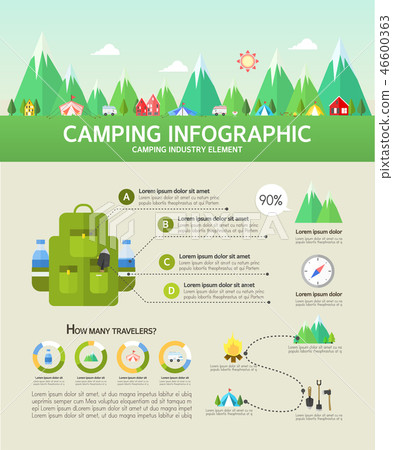From looming hills to peaceful woodlands, the outdoors has an envigorating allure. Immersing oneself in nature promotes psychological health, increases cognitive development, and boosts fitness.
What do you call a campsite without a tent?
Can you camp in 50 mph winds?
Exploring the great outdoors can be an adventurous experience that pushes borders. Nonetheless, it's important to stay mindful of one's surroundings and respect the setting.
Journaling in the Wilderness
In the wild, youngsters are natural explorers. They make use of all of their detects to observe the world around them, touch what they can reach, and scent and taste when they're permitted to. They run and jump and climb up, and learn as they go.
As they explore the mountains and valleys of Plumas Region's Upper Feather River Watershed, kids in our Exterior Core program lug a straightforward but transformative device: their nature journal. Each page ends up being a home window into their regular journeys.
Many OE programs motivate or need students to write in journals as a way of handling experience and creating deeper understandings (Bennion & Olsen, 2002; Gregg, 2009). Journaling is an important discovering method for lots of reasons. It cultivates self-awareness, increases confidence in technical outdoor abilities, and advertises the growth of connections with the outdoors.
Foraging
The procedure of collecting wild edibles is a wonderful means to get in touch with nature and add even more variety to camp dishes. This skill is important in a survival scenario, as it can help you reduce grocery expenses and accumulate your food bank.
Foragers must always know the area they are collecting in and any kind of foraging guidelines that may exist. They should also leave several of the plants for wildlife, as they commonly depend upon wild edibles for survival.
Luckily, there are many quickly recognizable wild foods that can be found in all areas of the United States. Whittaker's menu consists of seasonal, foraged creations like conifer gnocchi, which whispers of eucalyptus and citrus, and nettle risotto that sings with an environment-friendly vegetal hit.
Blogging
In a time of heightened tension degrees due to political unrest, financial instability and ecological concerns, exterior expedition can help individuals feel calmer and grounded. Consequently, the summer solstice offers a perfect time to trek and explore new tracks with friends or household to make memories that will last a life time.
Social motions like Unlikely Hikers, Afro Outdoors, Latino Outdoors, Body Inclusive Hikers, Melanin Base Camp and disability advocates are functioning to take apart the stereotype that just a specific sort of person takes pleasure in exterior leisure and advocate for accessibility and inclusion in public lands. Without equitable gain access to, people are less lixury tent likely to be inspired to spend time outdoors, which can negatively impact health. Accessibility to public lands consists of accessibility to public transportation, ample financing for devices and training, culturally ideal signage, education, expertise of wild safety and advocacy for inclusion and variety.
Cooperation
One of the worst patterns in modern day wilderness conservation is cooperations that consist of federal government firms and large, apparently "preservation" groups. The cooperation dynamic legitimizes the view that mechanical off-road leisure (consisting of mtb, dust bicycle riders and all-terrain vehicles, snow sleds and logging) is an appropriate use of roadless public lands. This technique deals with wildlands as little greater than a pie for self-centered individual groups and overlooks the innate worth of wild animals habitat in these excellent quality, low-elevation locations. As a result, these collaboratives almost always cause thinned down Wild proposals. This held true with the Gallatin Forest Partnership, or GFP.
Mentorship
Spending time right into emerging young preservation leaders allows us to find uniformity and services, bridge the generational space, and create an intergenerational neighborhood devoted to respectful stewardship of the land. We make every effort to cultivate a deep and considerate relationship in between individuals and nature via multi-generational interaction, education and learning, and co-creation.
The workshop includes immersive experience in core regimens such as wildlife tracking, bird language, survival skills, organic & medicinal plants, and understanding video games. This training is open to parents, kids, grandparents, caretakers, teachers, permaculturists and various other ecological educators and conservationists.
Returning trainee mentors give current Blue Ridge students healthy student-mentor relationships and encouragement, while likewise modeling constant initiative and adaptive emotional policy. We call this Prairie wolf Mentoring. This is an ongoing approach to developing healthy and balanced nature connected neighborhoods.
Why does my tent get wet inside?
